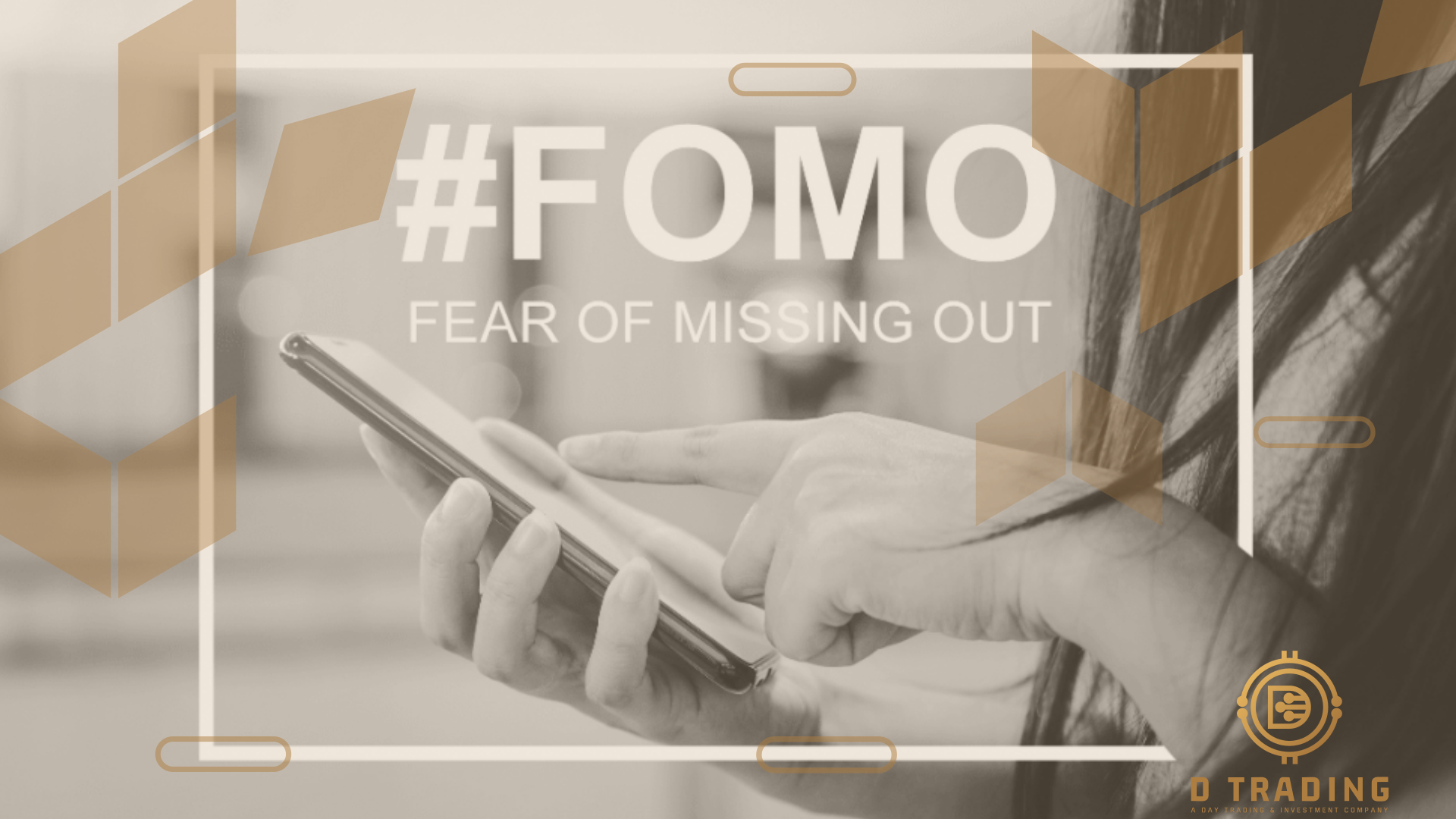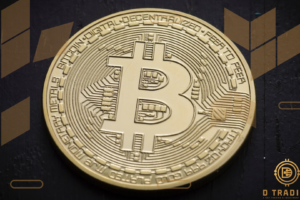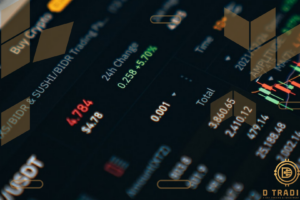
Decoding FOMO: The Psychology, Origins, and Impact of Fear of Missing Out
In today’s interconnected world, where information travels at the speed of light and trends gain momentum in a matter of hours, the psychological phenomenon known as Fear of Missing Out (FOMO) has become an intricate part of our lives. From social events to financial decisions, FOMO can exert a profound influence on our thoughts and actions. In this educational blog, we delve into the inner workings of FOMO, its origins, and the implications it carries.
The Anatomy of FOMO:
Understanding the Psychology: At its core, FOMO is a complex blend of emotions – a blend of anxiety, insecurity, and the fear of being left out of valuable experiences. This psychological response is triggered by the perception that others are enjoying something noteworthy without our participation. The advent of social media has amplified this phenomenon, as curated posts and stories offer glimpses into the lives of others, sparking feelings of inadequacy or exclusion.
Origins and Evolution: The term FOMO, while relatively recent, is rooted in timeless human emotions. Throughout history, humans have yearned for community, shared experiences, and a sense of belonging. The digital age has brought these desires to the forefront, creating an environment where FOMO can thrive. As social platforms showcase adventures, achievements, and moments of joy, the fear of missing out gains momentum.
The Mechanics of FOMO:
The Scarcity Effect: FOMO operates on the scarcity principle – the notion that limited opportunities should be seized swiftly to avoid missing out. This scarcity mindset compels individuals to act impulsively, driven by the belief that the window of opportunity is closing rapidly.
Social Comparison Theory: FOMO is closely intertwined with social comparison theory, where individuals evaluate their own worth by comparing themselves to others. In the digital age, these comparisons are often skewed by the highlight reels presented on social media, leading to feelings of inadequacy and a heightened sense of missing out.
Neurochemical Response: The brain’s reward center plays a significant role in the FOMO phenomenon. Seeing others engaged in exciting activities triggers a release of dopamine, the “feel-good” neurotransmitter. The desire to replicate this pleasurable feeling drives individuals to seek out similar experiences, even if it means making hasty decisions.
The Implications of FOMO:
Financial Implications: FOMO’s influence extends beyond social dynamics into the realm of finance. In the investment world, FOMO can lead to impulsive decisions driven by the fear of missing out on a potential windfall. This behavior can result in investment choices that deviate from sound strategies, potentially leading to losses.
Impact on Well-Being: FOMO’s constant pressure can negatively impact mental health. The constant comparison to others can lead to feelings of unworthiness and anxiety. Paradoxically, the quest to avoid missing out on experiences can result in a detachment from the present moment, hindering genuine enjoyment.
Coping Strategies:
Mindfulness and Gratitude: Practicing mindfulness and gratitude can counteract the negative effects of FOMO. Being present and appreciating one’s own experiences can help mitigate the constant need to compare and compete.
Setting Boundaries: Creating healthy boundaries with social media and digital platforms can limit exposure to FOMO triggers. Balancing virtual interactions with real-life engagements fosters a sense of autonomy and control.
Educating Others: Educating oneself and others about the mechanics of FOMO can reduce its impact. Recognizing that curated online personas don’t reflect the entirety of individuals’ lives can help dispel unrealistic comparisons.
In conclusion, Fear of Missing Out is a psychological phenomenon rooted in human nature and amplified by the digital age. Understanding its mechanics and implications is a crucial step toward managing its influence. By fostering self-awareness and embracing mindful decision-making, individuals can navigate the currents of FOMO while preserving their well-being and making informed choices.
Tag:Course




